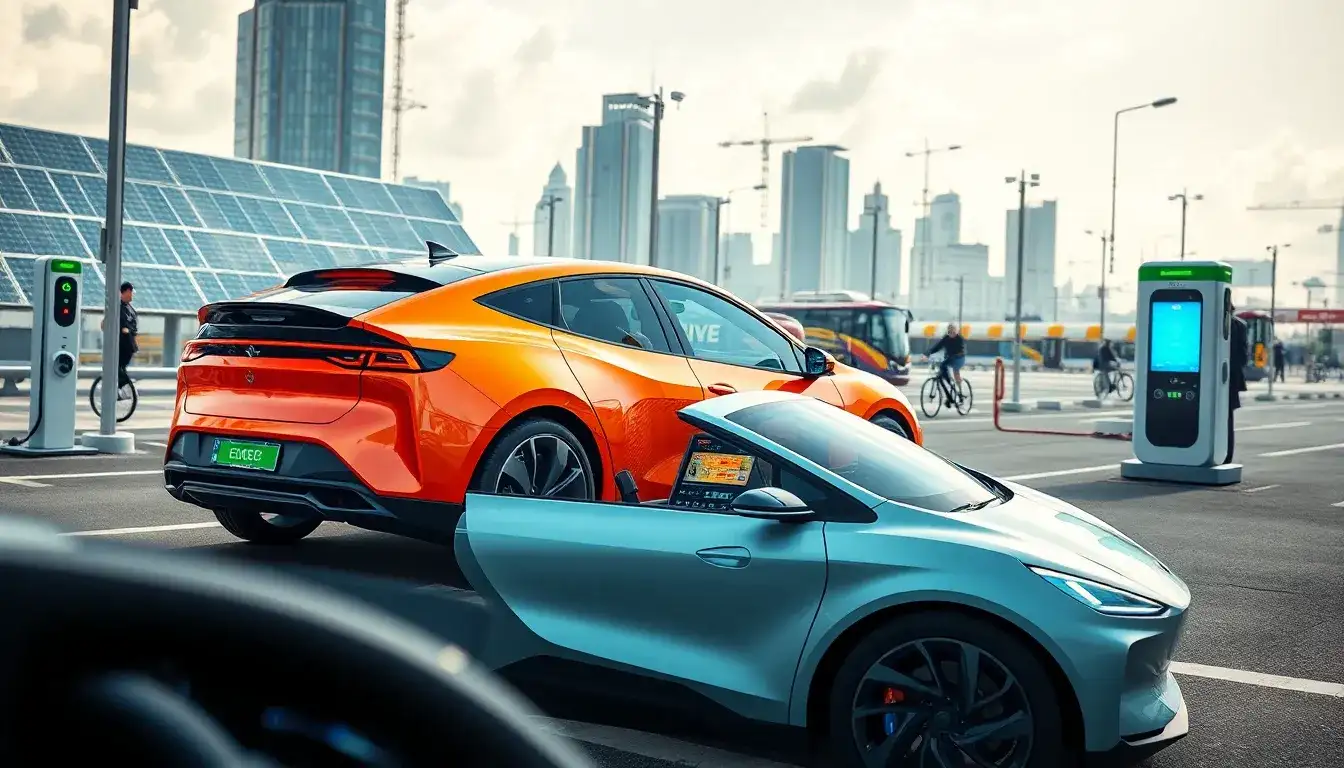
What happens after the “1-second 2-second” delay? The latest report from the New Energy Center discusses the implications of this delay, particularly in the context of electric vehicles (EVs) compared to traditional fuel-powered vehicles.
The report highlights that the objective is to minimize the time it takes for electric vehicles to charge, aiming to equalize the charging time with that of gasoline vehicles. This goal is supported by advancements in technology, including the development of high-voltage charging systems with specifications such as 1000V voltage, 1000A current, and 1000KW power capacity.
Recent months have seen significant progress in the automotive sector, particularly with the introduction of advanced intelligent systems. Several companies have been focusing on enhancing the efficiency of their electric vehicles, emphasizing a shift towards higher voltage systems beyond the traditional 400V level. The push towards 800V and 1000V charging systems is indicative of an industry trend designed to meet growing consumer demands for faster charging capabilities.
Moreover, as the demand for electric vehicles increases, manufacturers are striving to improve the user experience and overall performance. The latest vehicles are equipped with AI systems capable of optimizing energy usage, enhancing safety features, and providing more intuitive driving experiences.
By 2024, the Chinese electric vehicle market is expected to experience substantial growth, with production values projected to exceed 510 billion yuan, reflecting a growth rate of approximately 3.6%. This growth is attributed to the continued development of new energy vehicles, which are expected to dominate market shares in the coming years.
In recent years, companies in the Greater China region have been at the forefront of innovation in electric vehicle technology. The increasing production capacity and advancements in battery technology are positioning these companies to lead the global market. The focus on sustainability and efficiency is driving the evolution of electric vehicles, making them more appealing to consumers.
As the industry progresses, new technologies and solutions are being developed to further enhance the capabilities of electric vehicles. These developments include the integration of AI for autonomous driving and the establishment of charging infrastructure that meets the needs of a growing number of electric vehicles on the road.
In conclusion, the future of electric vehicles looks promising as the industry continues to innovate and adapt to consumer preferences. The push towards higher efficiency, faster charging, and improved user experiences will play a crucial role in shaping the electric vehicle landscape in the years to come.







